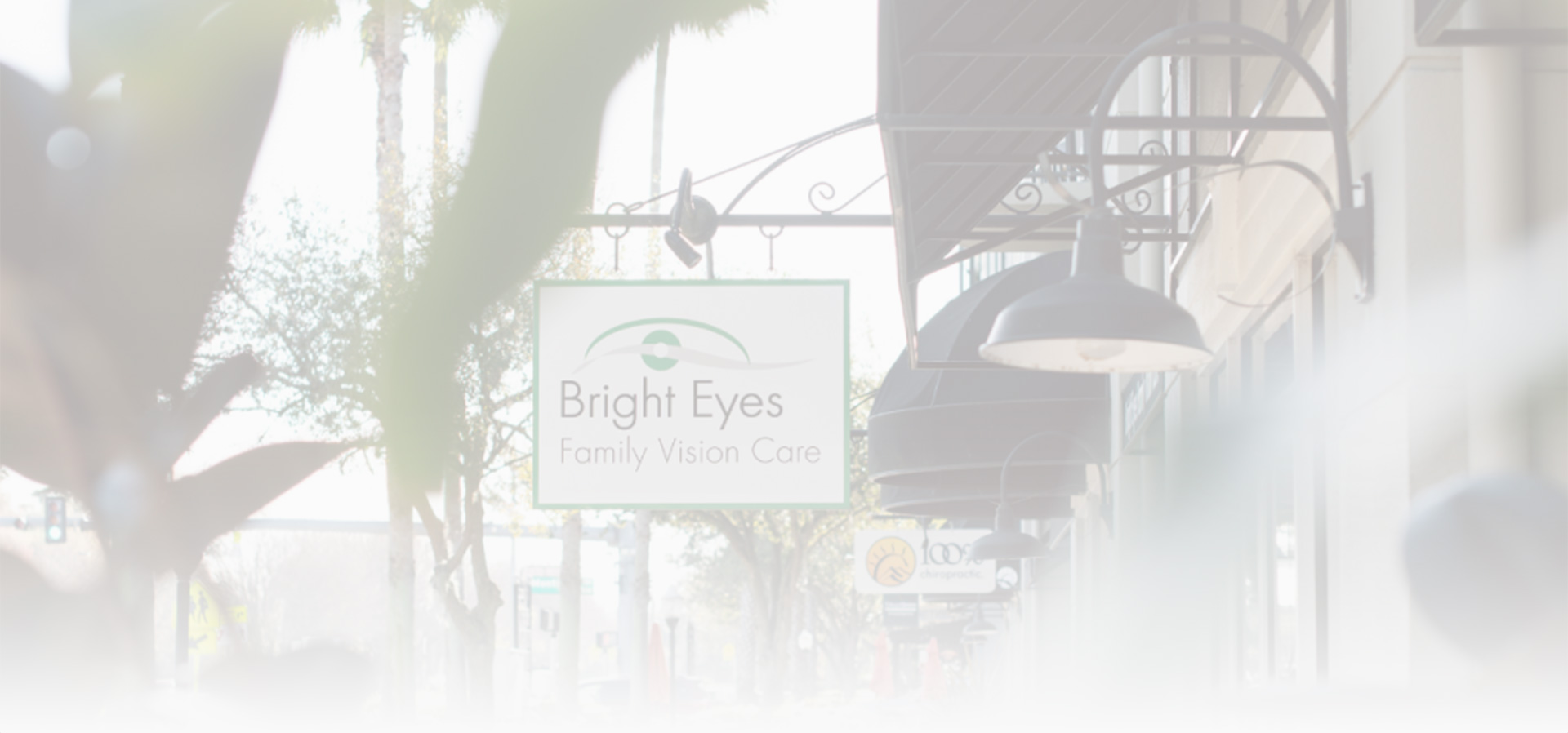
It is well known, and intuitive, that children and adults with strabismus (crossed or wandering eyes) have greater difficulty with self image and social situations than people with straight eyes. This is partially cosmetic and partially due to self-awareness that something is "wrong" with their vision. To assist people with strabismus, there are many resources including online support groups and a blog.
A related but different condition is amblyopia (lazy eye), that occurs when the vision doesn't develop normally in one or both eyes and vision is not clear even with the best glasses or contacts. You can't tell a person has amblyopia by looking at them - an eye doctor has to diagnosis it. There are also online support groups for amblyopia.
Research indicates that people with amblyopia are as likely to have social issues as those with strabismus, even though there is no cosmetic concern. The study found that "a significant number of patients felt that amblyopia interfered with school (52%) and work (48%) to some degree and were generally affected in their lifestyle (50%)." Additionally, sports job choices were affected.
The study concludes with 'Psychosocial difficulties related to amblyopia affect individuals' self-image, work, school, and friendships. Amblyopia has a significant effect on psychosocial functioning and warrants aggressive screening, prevention and treatment during the amblyogenic years."
As I say frequently, it is much easier to prevent amblyopia than to treat it. And fortunately, amblyopia can be prevented. Early eye exams are critical for detecting and treating amblyopia. The first exam is recommended at six months of age. If all is well, the next exams should occur at age three and before school.
Be Well!
Nathan Bonilla-Warford, OD
Bright Eyes Family Vision Care
Located in the Westchase area of Tampa.






